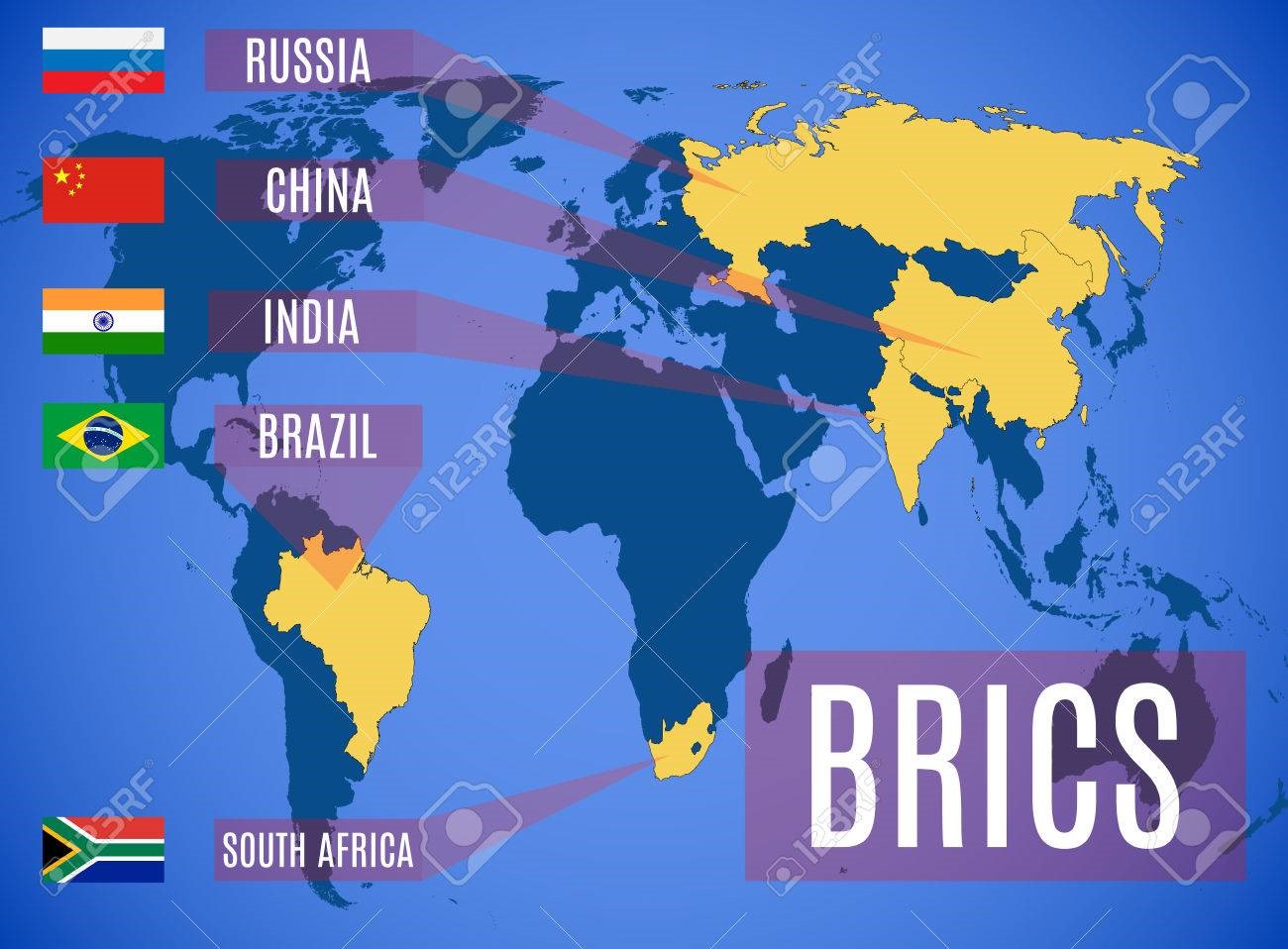Description

Copyright infringement not intended
Context:
- Union Minister for Finance & Corporate Affairs participated via virtual mode in the second BRICS Finance Ministers and Central Bank Governors (FMCBG) meeting under the BRICS China chairmanship.
- The agenda of the meeting included discussions on outcomes of BRICS Financial Cooperation agenda for 2022.
- This included discussion on BRICS Joint Finance Ministers and Central Bank Governors Statement, Infrastructure Investments, New Development Bank and BRICS Think Tank Network for Finance.
What is BRICS?
- It is an informal group of states comprising the Federative Republic of Brazil, the Russian Federation, the Republic of India, the People’s Republic of China and the Republic of South Africa.
- It is actually a forum than a traditional-type organization with rigid membership and regulations.
- Originally the first four were grouped as "BRIC" (or "the BRICs"), before the induction of South Africa in 2010.
- At the Fortaleza Summit (2014), in Brazil, the New Development Bank (NDB) and the Contingent Reserve Arrangement (CRA) were created
- The acronym BRIC was introduced by Goldman Sachs in 2001 to point out the rising power that will, along with the United States, become the world’s five major economies in the 21st century.
- In 2006, BRIC countries began their negotiations, and in 2009 they took place at the annual summit of heads of state and government.
- BRICS is a group made up of five main emerging countries – Brazil, Russia, India, China, and South Africa – collectively representing about 42 percent of the world’s population, 23% of global GDP, 30% of the territory, and 18 % of world trade.
India and BRICS:
- A close examination of India’s record in BRICS reveals that New Delhi has used its membership to make a substantial contribution to the international financial architecture, while also making efforts to address glaring gaps in areas such as counter-terrorism, the fight against climate change and UNSC reform.
- India is not a free-rider in a system of global governance dominated by the West, and continues to provide a vision of global governance.
- India was the main BRICS country behind the establishment of the NDB and proposed the idea at the fourth BRICS summit in New Delhi.
- While it might be tempting to position the NDB as a challenge to the West, New Delhi seeks reforms in global governance through BRICS and does not have an anti-West agenda.
- India’s efforts to seek changes in international financial governance through BRICS have been successful, as China also shares this objective with India.
- BRICS may have raised the issue of UNSC reform but this is more declaratory in nature than a serious attempt to overhaul the UNSC. This reflects that BRICS is interested in selective reform of the system, as its members have developed vested interests in the existing system.
- Climate governance too has been highlighted as an area where BRICS members have a lot of potential to contribute, but so far, that has not happened. Russia has been ambivalent towards climate change and has recently joined the Paris Agreement.
- At a different level, BRICS membership elevates India’s global profile. China may still not be interested in de-hyphenating India and Pakistan, but India’s BRICS membership automatically de-hyphenates India and Pakistan, while it casts India and China as equals. So, even as challenges abound in the BRICS trajectory, the grouping will continue to be of some instrumental value to India in the years ahead.
What challenges BRICS is facing?
- Disagreements between its members.
- Slow progress shown on the ground when it comes to implementation of initiatives make it quite vulnerable to criticism.
- The development trends of the BRICS nations are not very similar, as there is a huge difference in the economic structure of the member countries.
- The members also have differences over the UN Security Council (UNSC) reforms. It will be tough for the member countries to make a consensus on contemporary global issues.
- The burden of the NDB cannot be shared equally, as the size of the economy of each member varies with great magnitude. So, it is inevitable that the disputes will arise in sharing the burden of NDB.
Way Ahead:
- It is now important for the BRICS nations to engage in the grouping at the highest level to change the world order to counter the US supremacy.
- BRICS forum should be effectively utilized for consultation, coordination and cooperation on contemporary global issues of mutual interest and promoting mutual understanding.
- The future of BRICS depends on the adjustment of the internal and external issues of India, China and Russia.
- Mutual communication between India, China and Russia is important for moving ahead.
https://www.pib.gov.in/PressReleasePage.aspx?PRID=1831610
1.png)












